Don’t Fight, Mediate! (Secondary)
Duration:
2 period(s)
Suggested level:
Secondary Cycle Two
Subject:
Culture and Citizenship in Québec, English Language Arts
Description
Students are asked to take on specific roles in a simulated mediation session to resolve a conflict between two teens and their families. The activity calls on students’ cooperation skills to find a solution they can all live with.
The suggested level for this activity is Grade 6, but it can be adapted easily for high school students.
Educational objectives
- To raise awareness of the use of cooperation and dialogue to manage and resolve disputes
- To become familiar the mediation process and its advantages
- To put into practice: cooperation, listening skills, empathy, respect for the other person in a dispute-resolution situation
Subjects and subject-specific competencies
Culture and Citizenship in Québec - Secondary IV
Cultural realities and compulsory main concepts: Justice and the law - Legal and judicial institutions.
Compulsory specific concepts: Courts and legal recourse, Mediation.
- Competency 1: Studies cultural realities:
- Establishes the scope of the object of study:
- Collects information.
- Demonstrates an enriched understanding:
- Integrates different perspectives into an interpretation.
- Compares interpretations.
- Establishes the scope of the object of study:
- Competency 2: Reflects on ethical questions:
- Engages in dialogue:
- Becomes aware of own feelings, reactions and initial point of view.
- Takes into account points of view, feelings and experiences of others.
- Examines a variety of points of view:
- Considers points of view and experiences.
- Engages in dialogue:
English Language Arts
- Competency 1: Uses language/talk to communicate and to learn
Duration
Two periods
Broad areas of learning
- Citizenship and Community Life: Promotion of the rules of social conduct and democratic institutions
Cross-curricular competencies
- Solves problems: Tests possible solutions
- Cooperates with others: Interacts with an open mind in various contexts
Related content
- Solving Problems Without Going to Court
- Choosing the Best Way to Solve a Conflict
- The mediation process
- Finding a mediator
- A volunteer legal professional can visit your class to lead the workshop Our conflict, our solution. In this activity, students work together to find a win-win solution to a dispute.
External pedagogical tools
- Équijustice offers a conflict-management program for schools: Passerelles (French only)
- L’Institut Pacifique provides several programs concerning social mediation and dispute resolution (French only).
- Video (French only) prepared by the organization Cliquez Justice on alternative dispute-resolution methods. (Cliquez Justice is a website that offers legal information for francophones outside Quebec).




